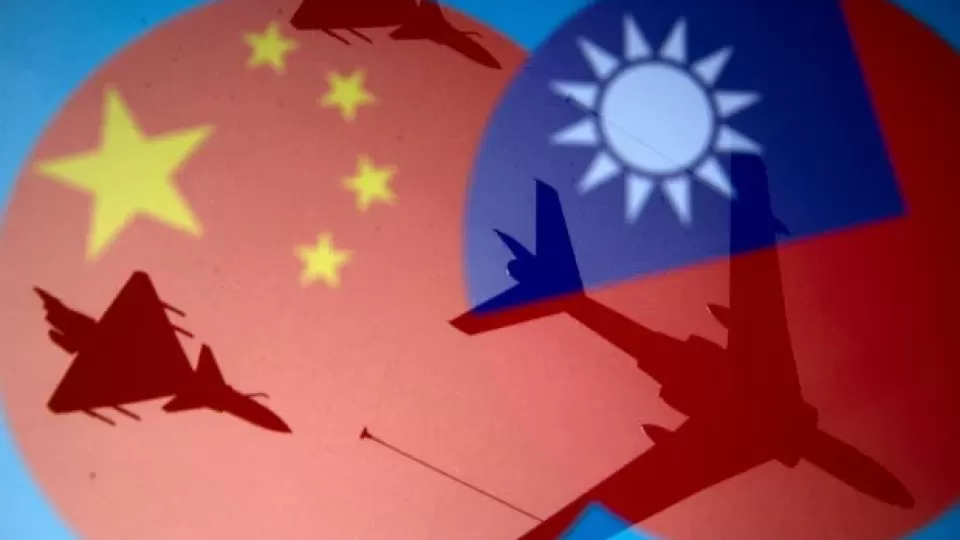April 17, 2023
MANILA – The National Security Council (NSC) said that the Philippines does not intend to interfere in the ongoing tensions between China and Taiwan, stressing that the safety of Filipinos in the latter country is its “primordial” concern.
“We observe the One China Policy and subscribe to the ASEAN (Association of Southeast Asian Nations) principle of non-interference in approaching regional issues,” the NSC in a statement Saturday night.
“Our primordial concern in Taiwan is the safety and well-being of the more than 150,000 Filipinos living and working on the island and we take grave exception to any effort by guests in our country to use this to fear-monger and intimidate us,” it added.
A boost for PH military
Meanwhile, the NSC also reiterated that National Security Adviser Eduardo Año had already made it clear that the security cooperation between the Philippines and the United States is only meant to develop and strengthen the capabilities of the Armed Forces of the Philippines (AFP) and “is not meant to contain or counter any nation in the region or to interfere in another nation’s affairs.”
According to NSC, Año had already met with the Chinese Ambassador, assuring him that the additional Enhanced Defense Cooperation Agreement (EDCA) sites are not “meant for offensive operations against China or for interference in the Taiwan issue but instead are meant to protect the territorial integrity of the country.”
Año further explained the new EDCA sites are in accordance with the Strategic Basing Plan of the Armed Forces of the Philippines, clarifying that all were identified by the AFP and not by the US.
Defense, peace
“The development of these Philippine bases will enable the government to further strengthen the AFP to enable it to defend and protect the country. By developing our military and base infrastructure, we are pursuing our national interest and actually contributing to regional peace and stability,” the NSC said.
“We hope that the People’s Republic of China will see this as the country’s positive contribution towards peace and stability in the region,” it added.


